powdery mildew on squash etc
wayne_h
10 years ago
Featured Answer
Sort by:Oldest
Comments (14)
seysonn
10 years agoltilton
10 years agoRelated Professionals
Wrentham Landscape Architects & Landscape Designers · Kenmore Landscape Architects & Landscape Designers · Suffern Landscape Architects & Landscape Designers · Wareham Landscape Architects & Landscape Designers · Arlington Landscape Contractors · East Chicago Landscape Contractors · East Hanover Landscape Contractors · Lakeville Landscape Contractors · Nashua Landscape Contractors · North Lauderdale Landscape Contractors · Salmon Creek Landscape Contractors · Selden Landscape Contractors · Casselberry Landscape Contractors · Selma Landscape Contractors · Winston-Salem Driveway Installation & Maintenanceseysonn
10 years agoNorway_ralph
10 years agoseysonn
10 years agoNorway_ralph
10 years agodanzeb
10 years agowayne_h
10 years agorhizo_1 (North AL) zone 7
10 years agoLoboGothic
10 years agodanzeb
10 years agoseysonn
10 years agoLoboGothic
10 years ago
Related Stories
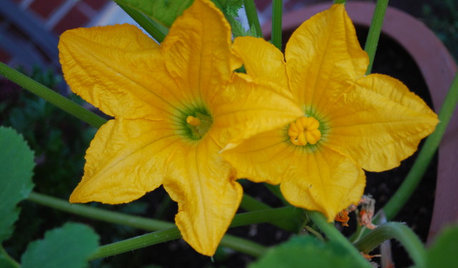
EDIBLE GARDENSSummer Crops: How to Grow Squash
Almost foolproof and with cheerful flowers, squash comes in a wide range of varieties to plant in spring
Full Story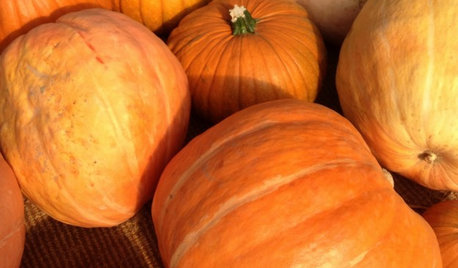
EDIBLE GARDENSSummer Crops: How to Grow Pumpkins
Start in spring to grow your own fall decorations and have plenty left for pies
Full Story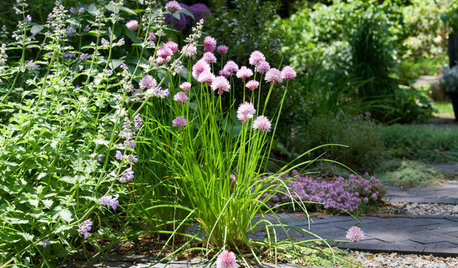
EDIBLE GARDENS8 Surefire Vegetables and Herbs for Beginning Gardeners
Learn the edible plants that are popular and easy to grow in a backyard or container garden
Full Story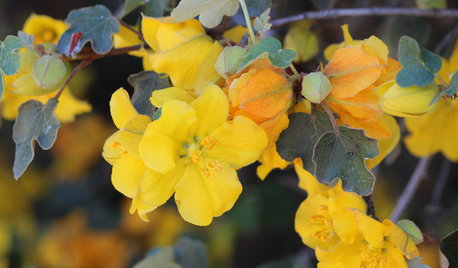
CALIFORNIA GARDENINGCalifornia Gardener's May Checklist
Only one major chore but a plethora of planting possibilities means a delightful month in California gardens
Full Story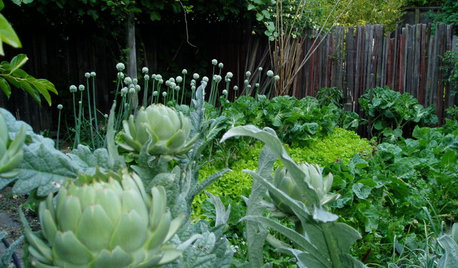
FRONT YARD IDEAS10 Ideas for a Front-Yard Edible Garden Your Neighbors Will Love
Choosing attractive, well-mannered plants and sharing the bounty will go a long way toward keeping the peace
Full Story
REMODELING GUIDESTop 10 Tips for Choosing Shower Tile
Slip resistance, curves and even the mineral content of your water all affect which tile is best for your shower
Full Story
HOUSEKEEPING7-Day Plan: Get a Spotless, Beautifully Organized Garage
Stop fearing that dirty dumping ground and start using it as the streamlined garage you’ve been wanting
Full Story
WINTER GARDENINGPruning Secrets for Exquisite Roses
Encourage gorgeous blooms year after year with this time-tested advice on how to prune your rosebush in winter for health and shape
Full Story
FLOORS5 Benefits to Concrete Floors for Everyday Living
Get low-maintenance home flooring that creates high impact and works with home styles from traditional to modern
Full Story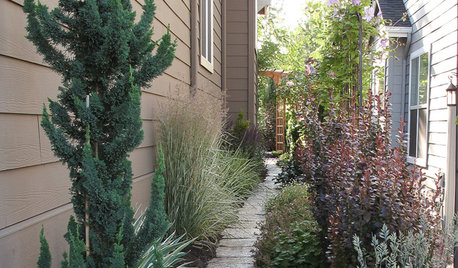
SIDE YARD IDEASNarrow Trees for Tight Garden Spaces
Boost interest in a side yard or another space-challenged area with the fragrance and color of these columnar trees
Full StoryMore Discussions







ltilton